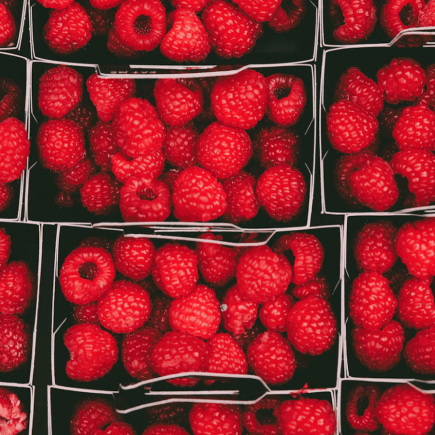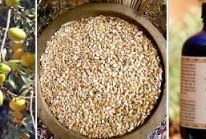
The United States Department of Agriculture has officially announced the decision to import raspberries from Morocco. The news is a clear indication that the trade relationship between the two countries is strong and that their July 2019 meeting was productive. On July 16, 2019, both country’s officials met in Rabat for the 4th Annual US-Morocco Trade Forum. Three memorandums related to energy efficiency, trade promotion, and grant projects were signed. An annual conference is an event intended to strengthen business relations between the two nations. The agreement to export raspberries followed a few weeks after the conference.
The US Department of Agriculture released a public memo inviting United States Citizens to weigh in on the import decision. In making their decision, the US government asked the Animal and Plant Health Inspection Service to analyze the risks associated with raspberry importation. The agency deemed that “the application for one or more designated phytosanitary measures will be sufficient to mitigate the risks of introduction of disseminating plant pests or noxious weeds via the importation of raspberries from Morocco.”
Furthermore, the APHIS outlined some criteria that each shipment of the raspberries must meet in order to be accepted. The main conditions are that “the raspberries would have to be imported in commercial consignments only and be field inspected for signs of Monilinia fructigena infection no more than 30 days prior to harvest.”
Morocco is ranked 32nd worldwide in its raspberry production. In recent years, farmers have been working on using Morocco’s mild climate to enhance berry production and the results show that berry production is increasing.
In the 2019 Best Berry Conference, Best Berry General Manager Nabil Belmkaddem said, “earliness is the key to being competitive.”
Morocco’s berry production area is 8,300 hectares, and Mr. Belmkaddem says the country has favorable weather conditions for growing berries, especially during the winter season.
“We have no frost, in North or South Morocco,” Belmkaddem said. “We have (other) weather challenges, but still we can produce a good product during the winter months. We can produce fruit from mid-September to mid-June – therefore 10 months of the year berries are exported from Morocco to Europe. We can do part of it in winter, which is the important part, we can also do it in the fall or spring – but we are less competitive during those periods.”





